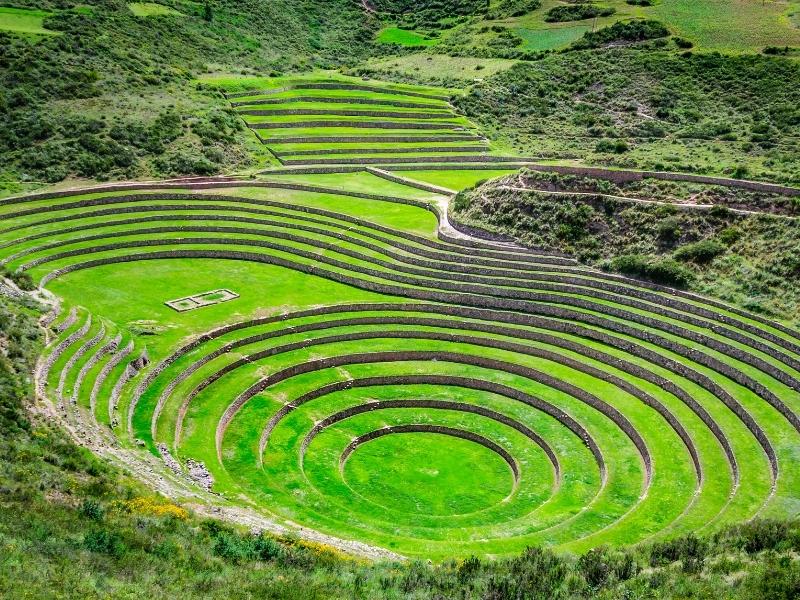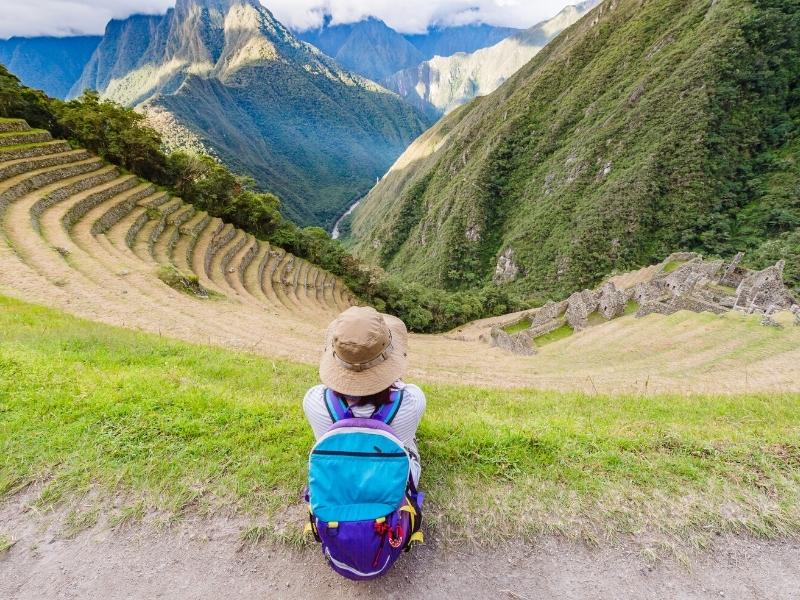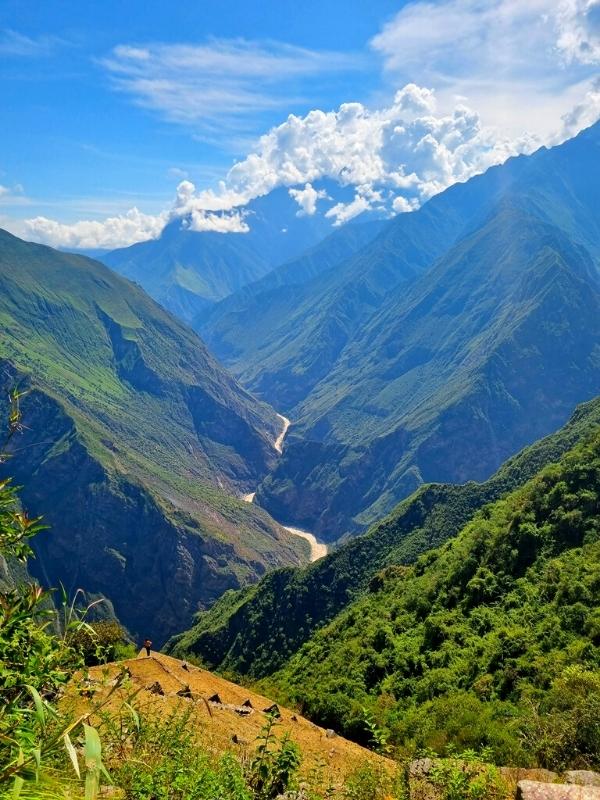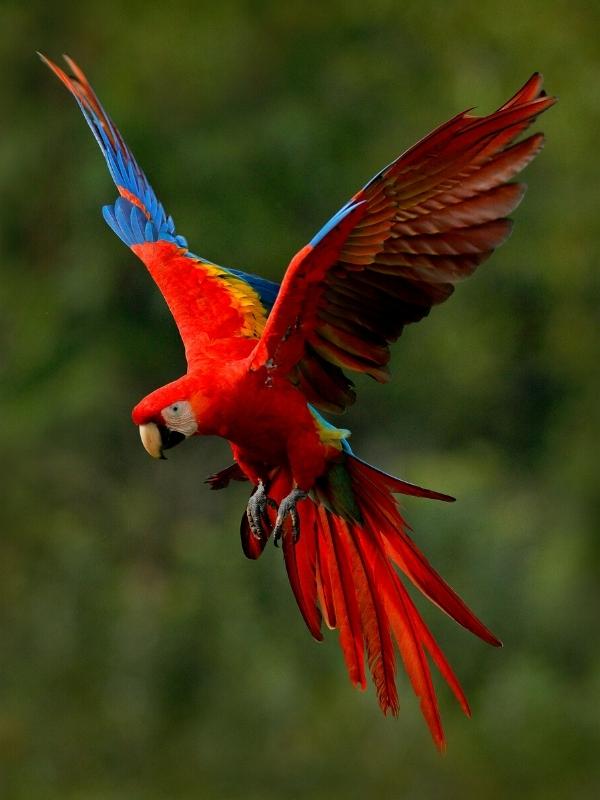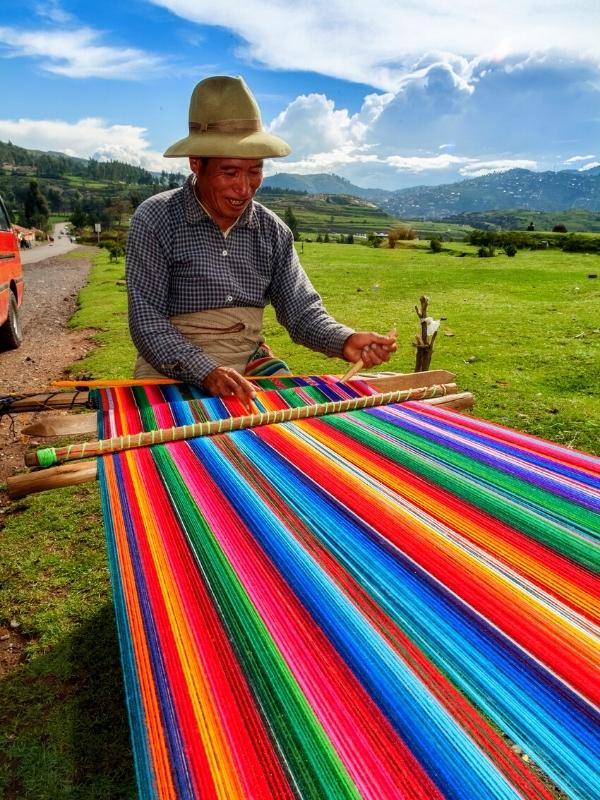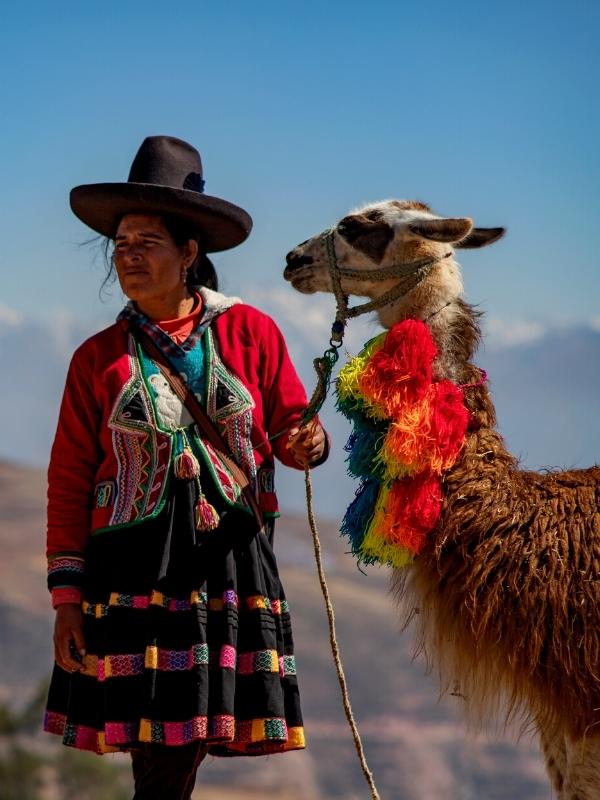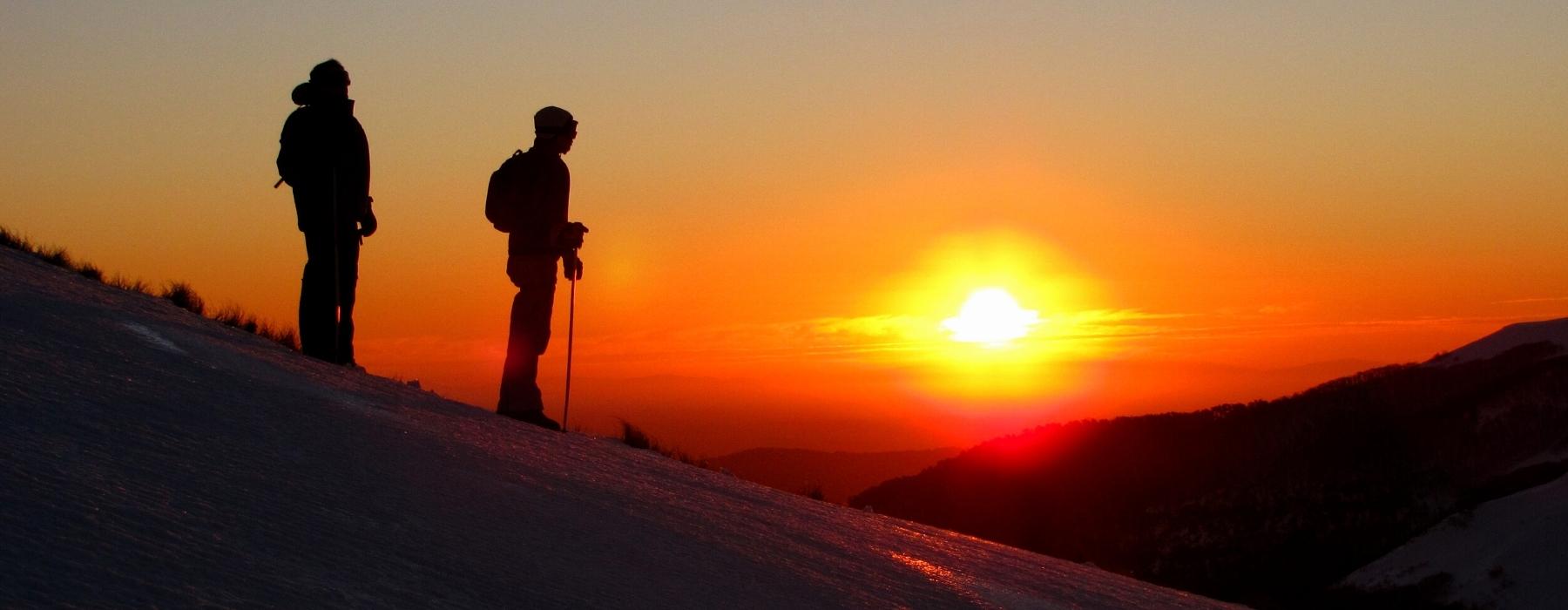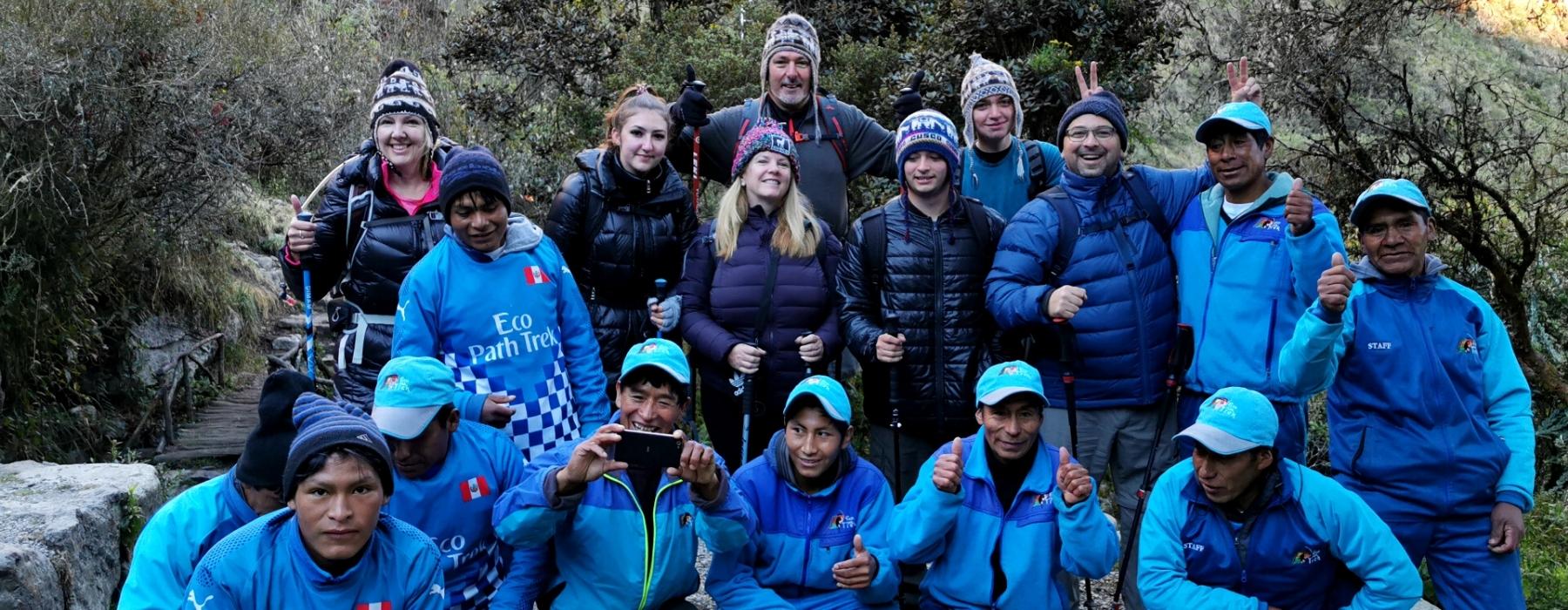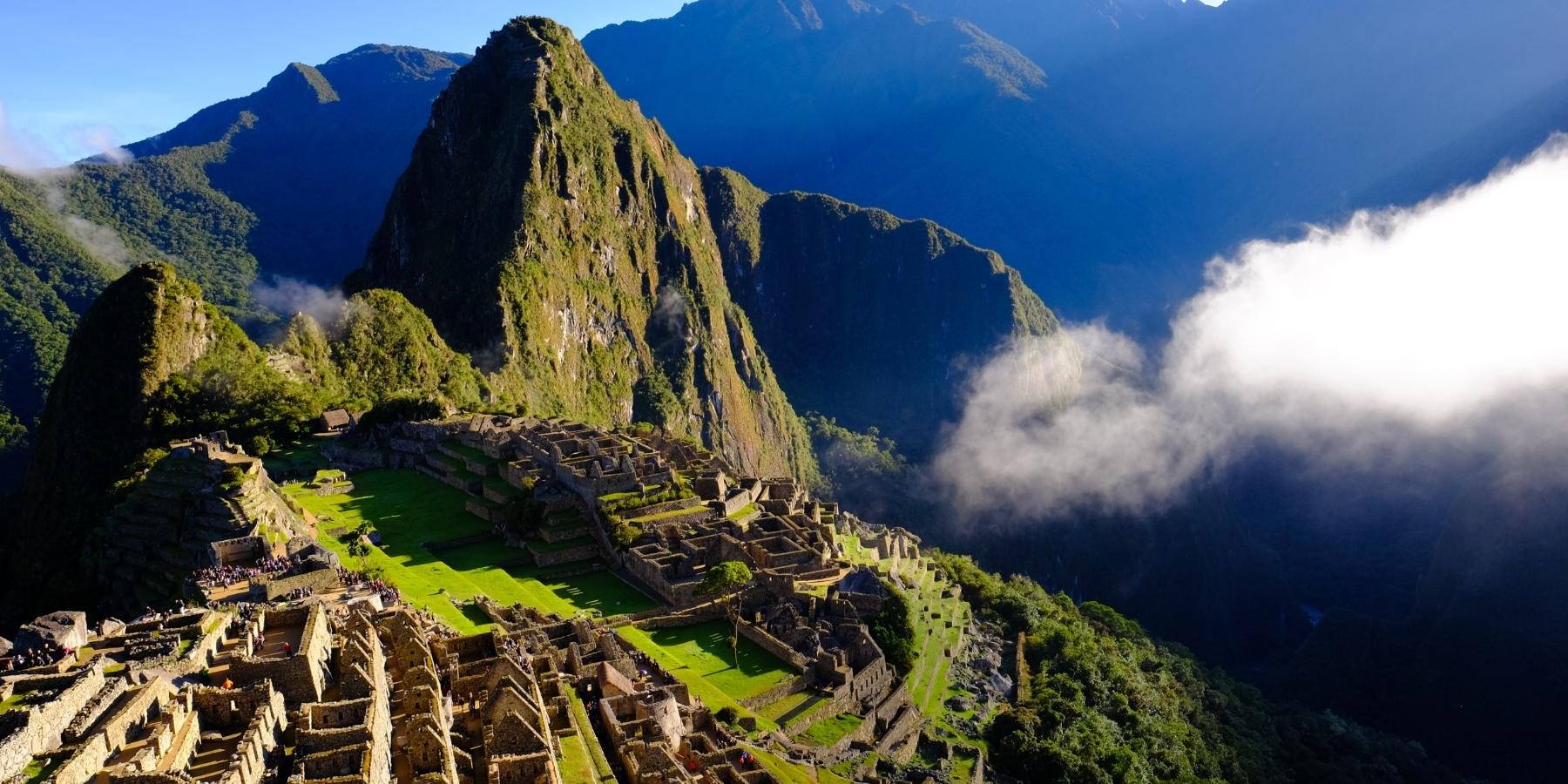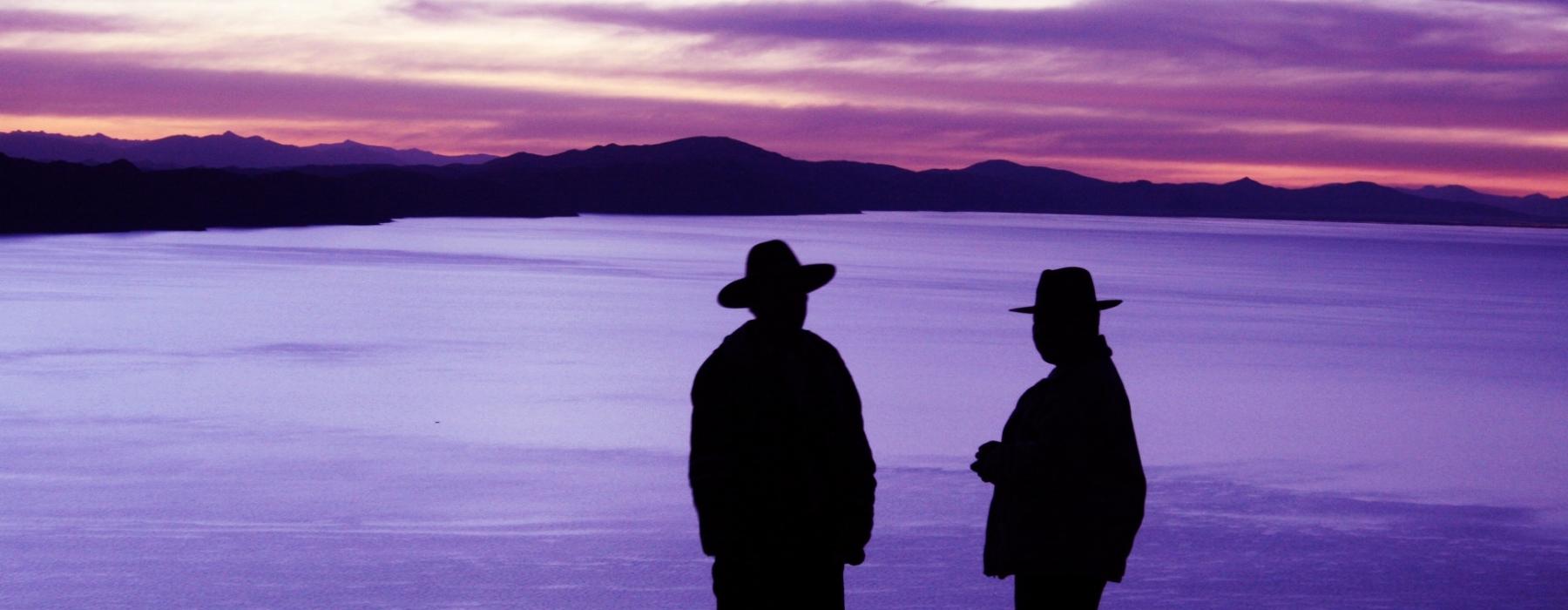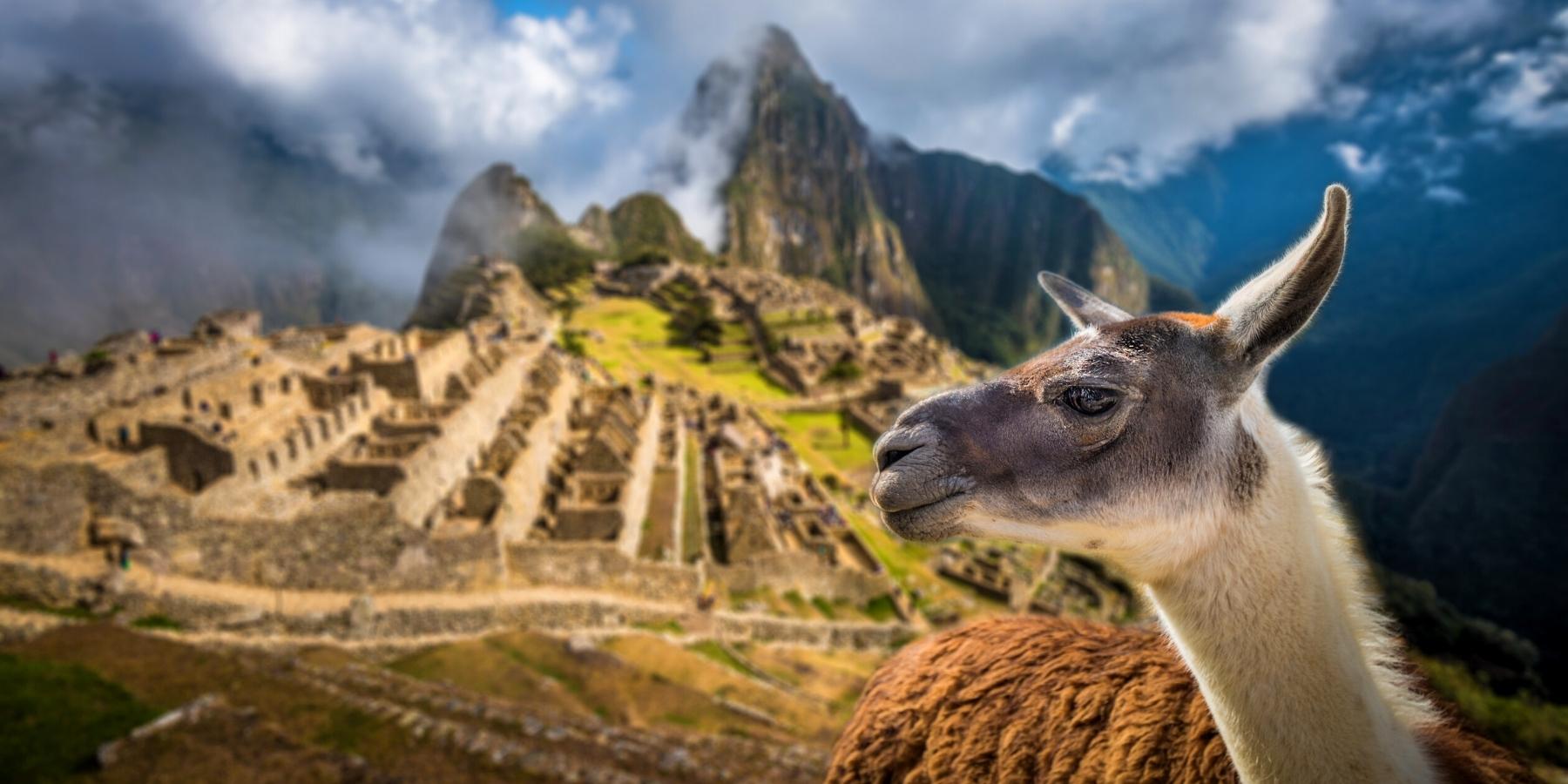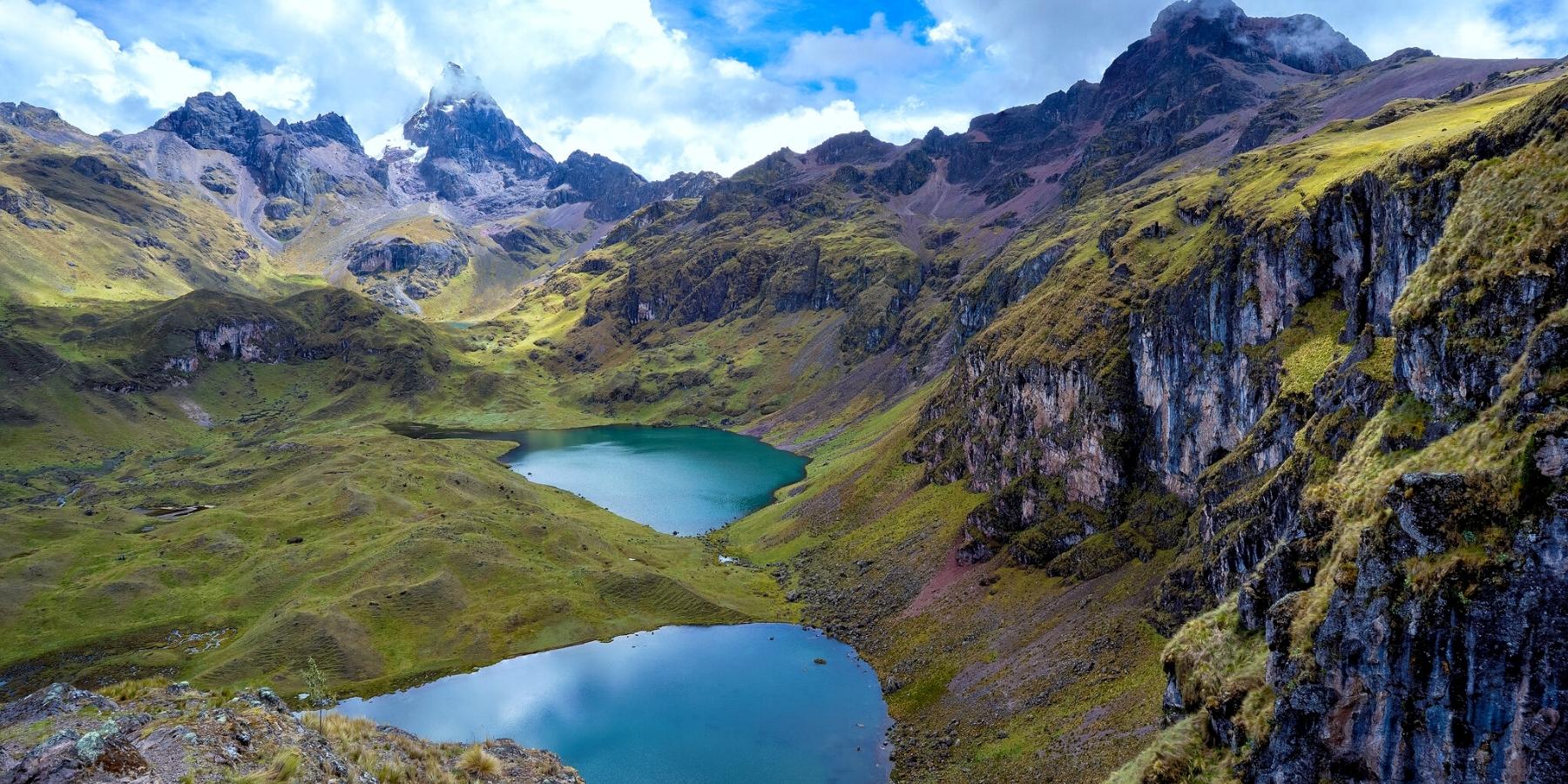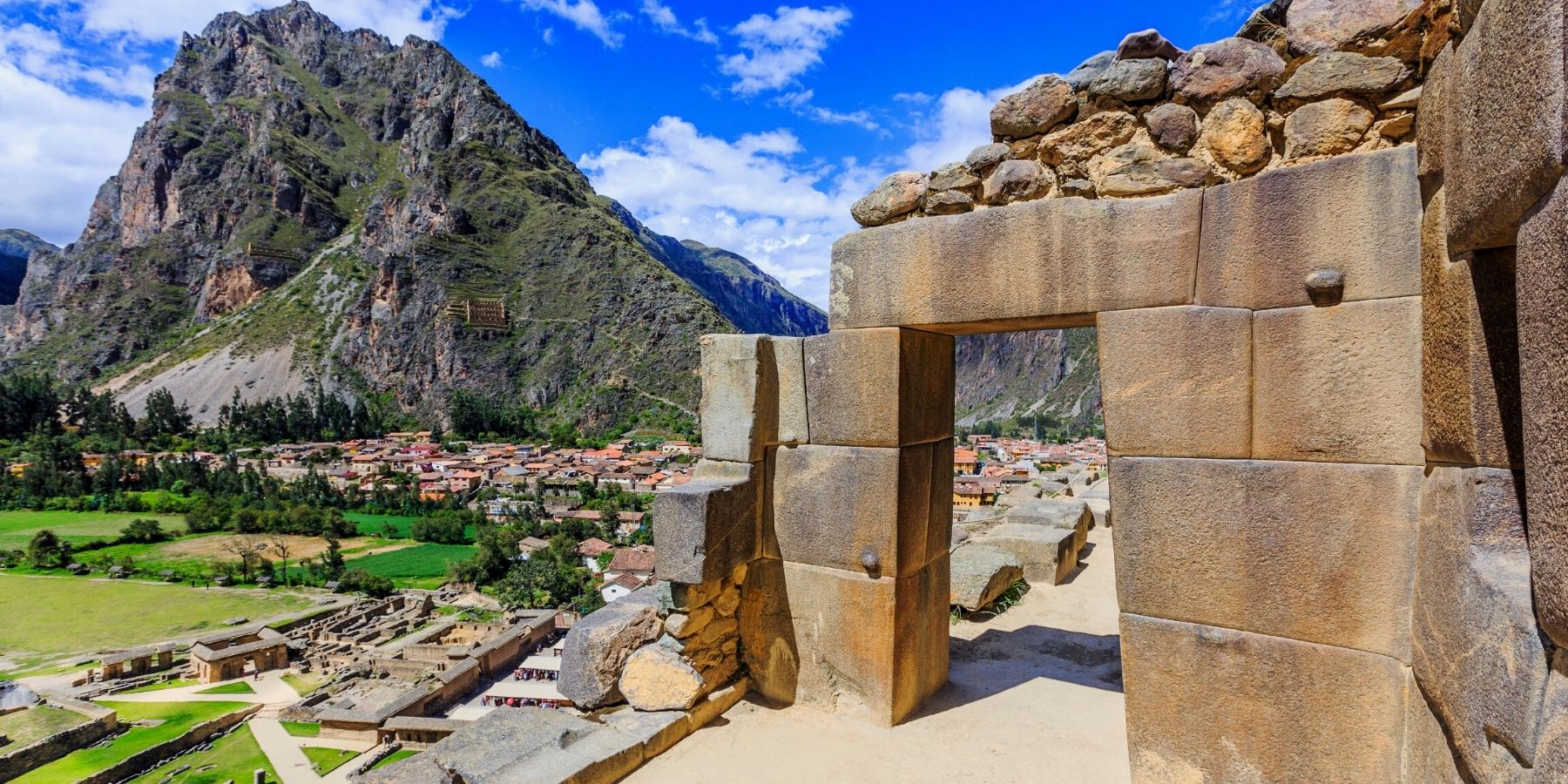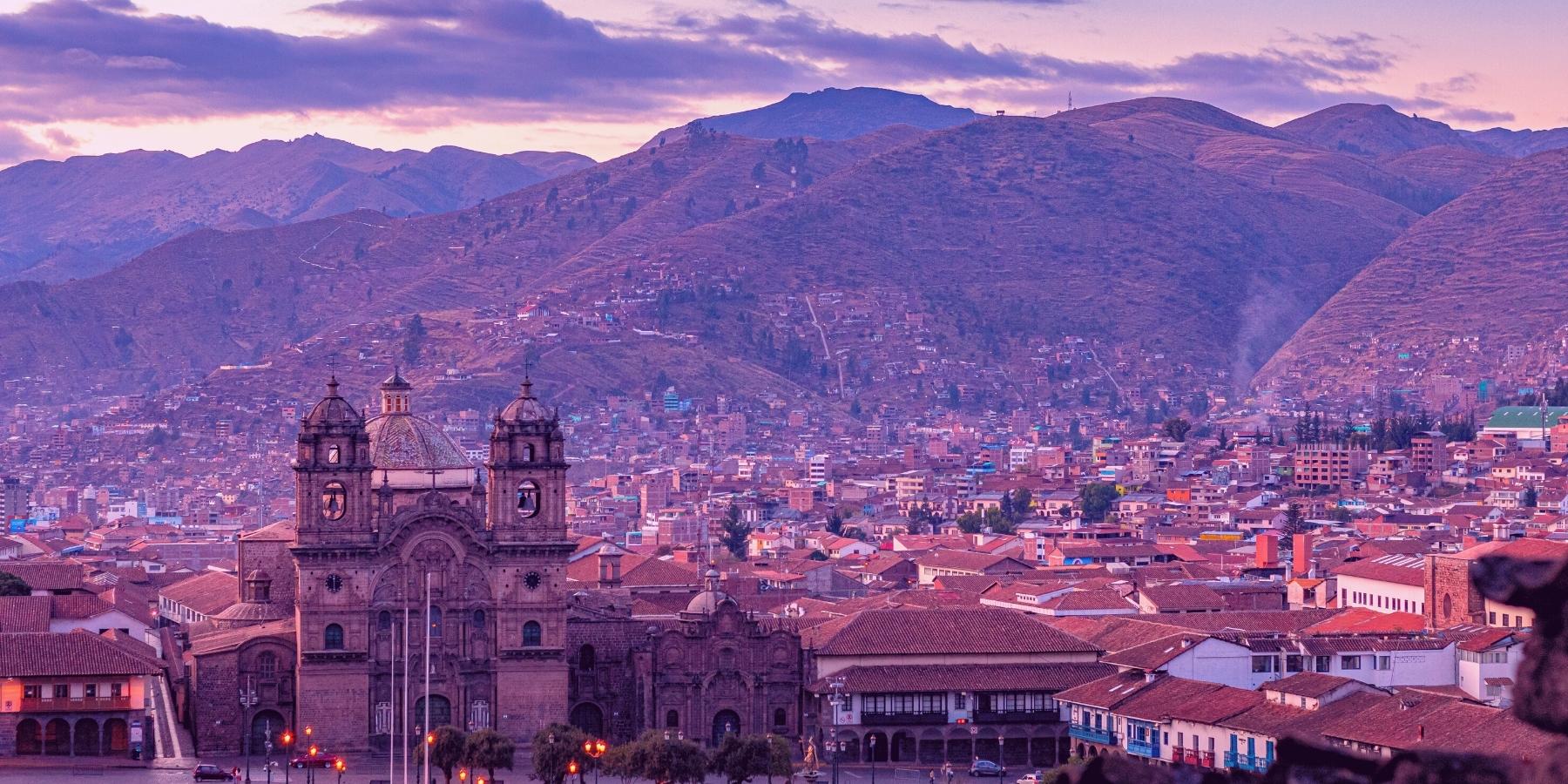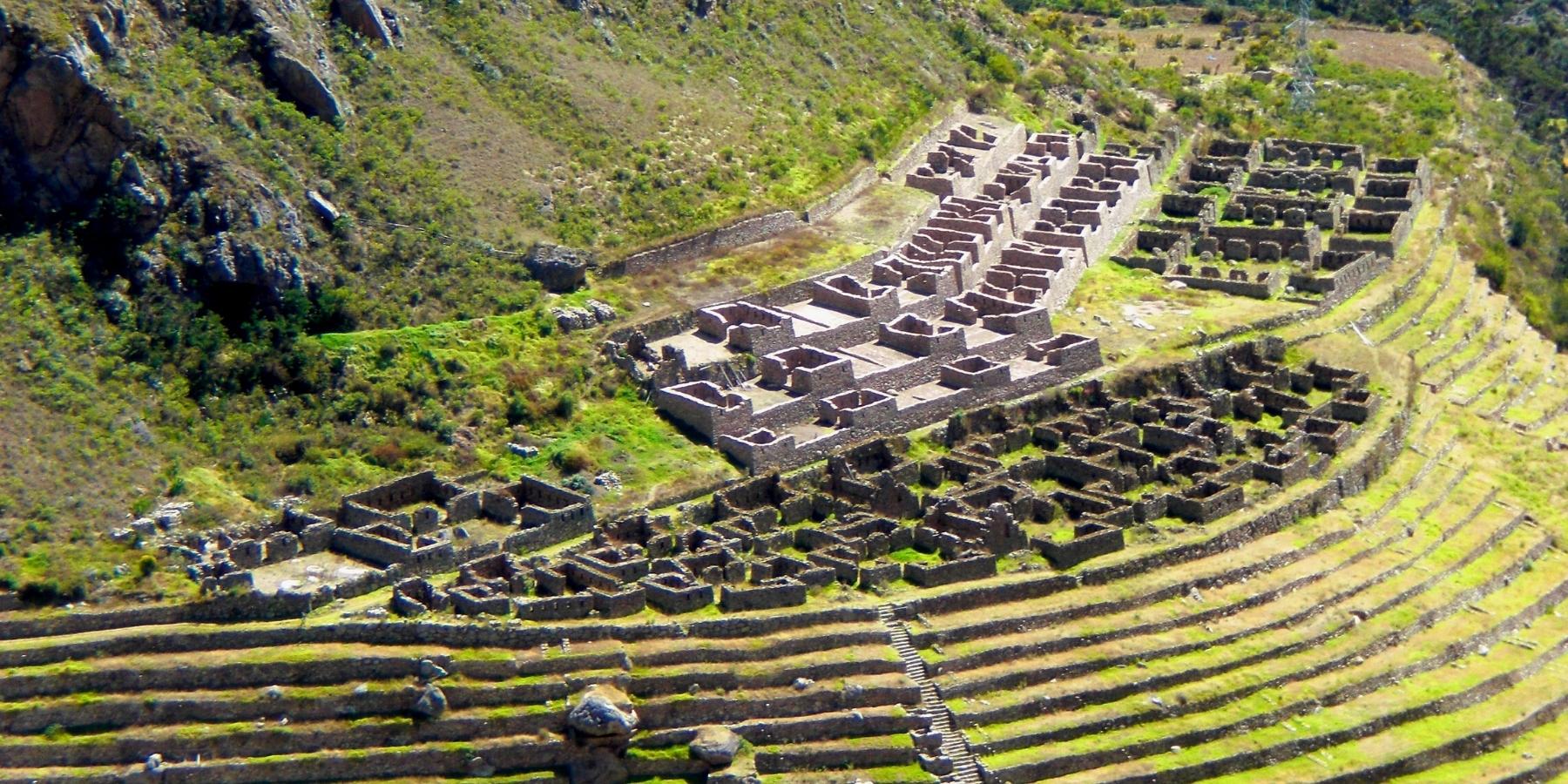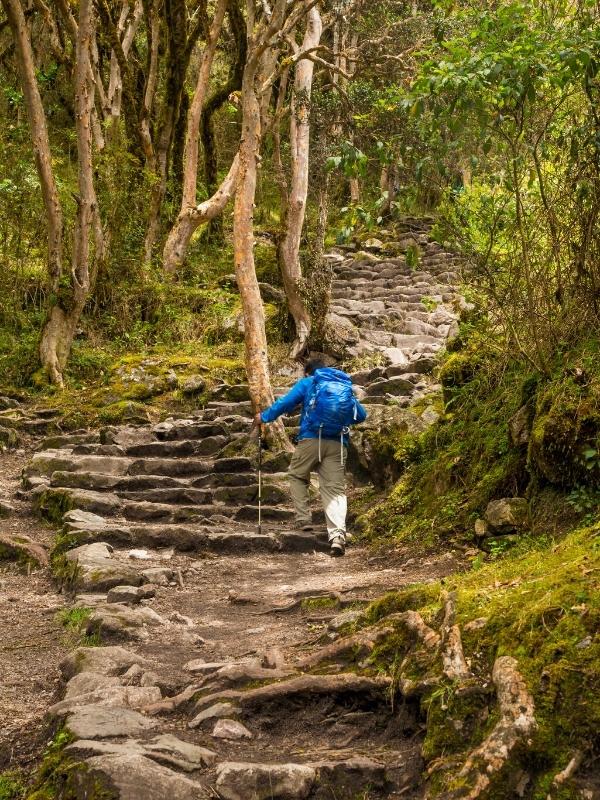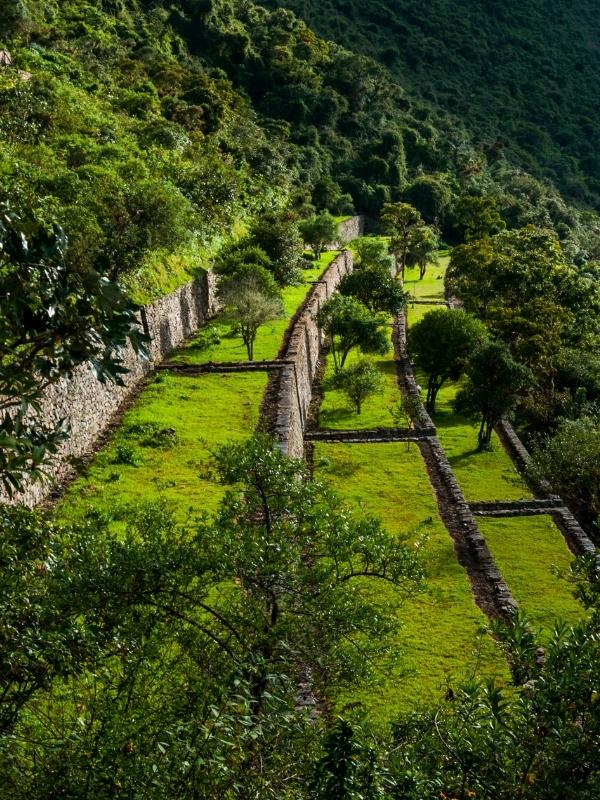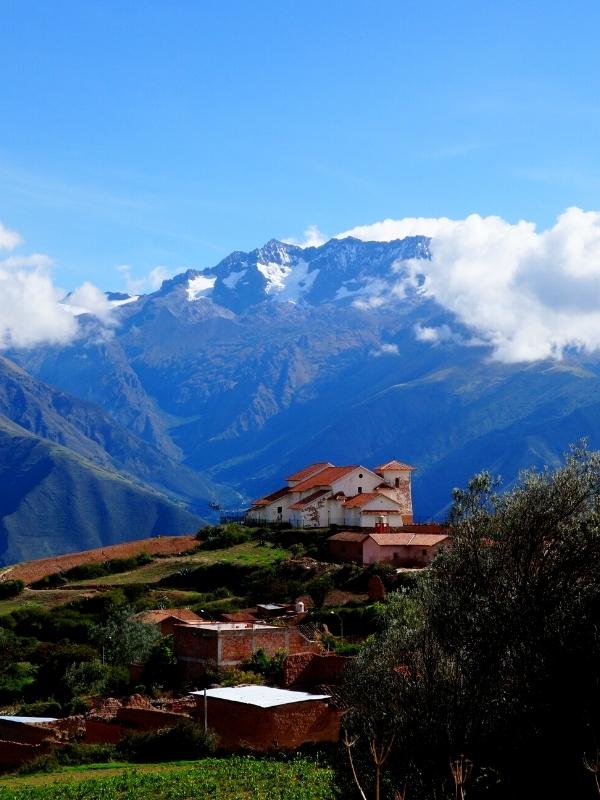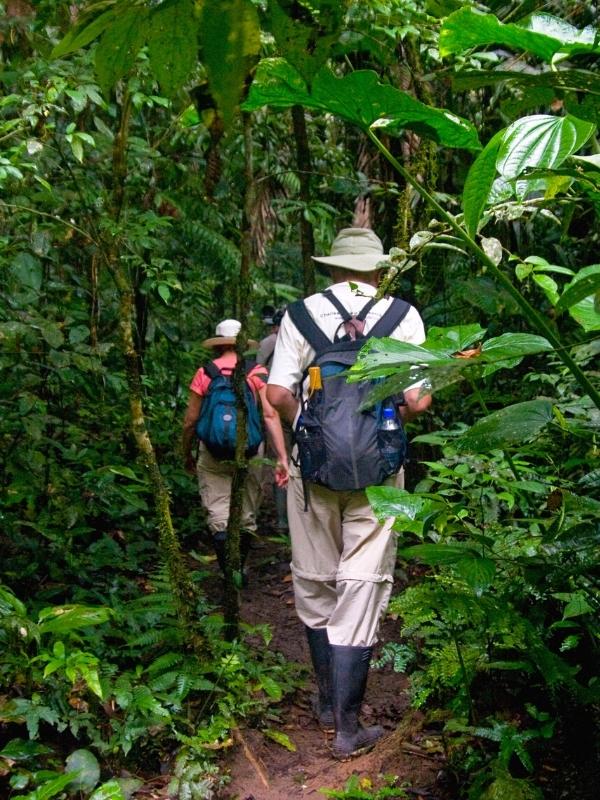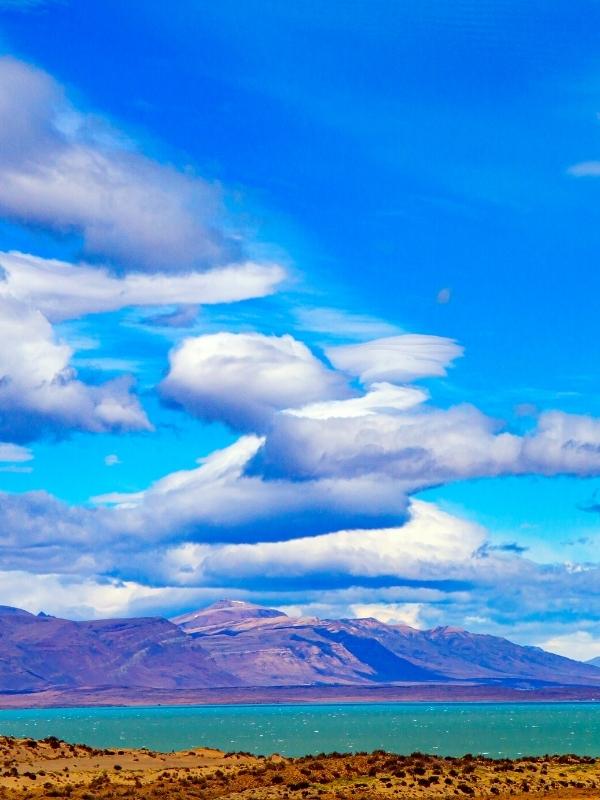-
-
Ancascocha Treks
- Ancascocha Trail to Machu Picchu 4 Days
- Ancascocha Trail to Machu Picchu 5 Days
- Ancascocha Trek & Classic Inca Trail 7 Days
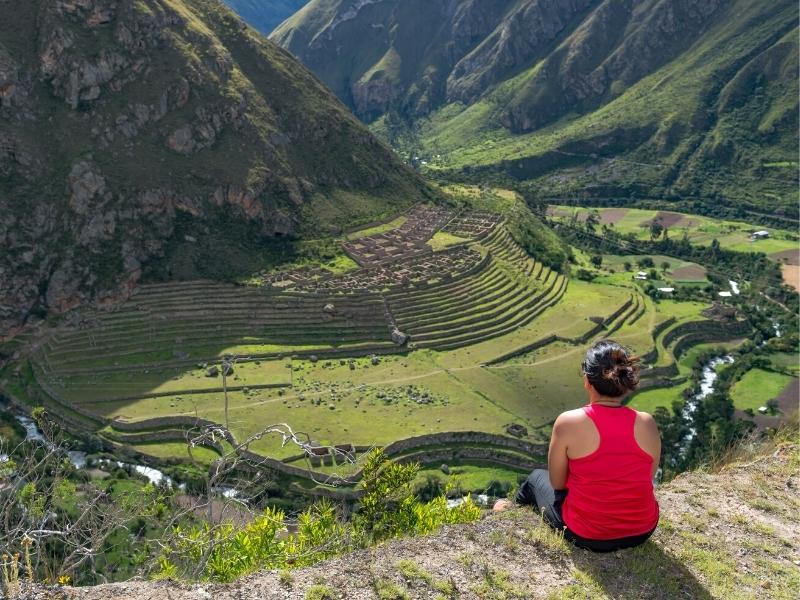
-
Ausangate Treks
- Ausangate Trek & Rainbow Mountain 3 Days
- Ausangate Trek to Rainbow Mountain 4 Days
- Classic Ausangate Trek 5 Days
- Ausangate Trek to Sibinacocha Lake 6 Days
- Ausangate Trek & Short Inca Trail to Machu Picchu 6 Days
- Ausangate Trek to Rainbow Mountain 6 Days
- Ausangate Trek to Rainbow Mountain 7 Days
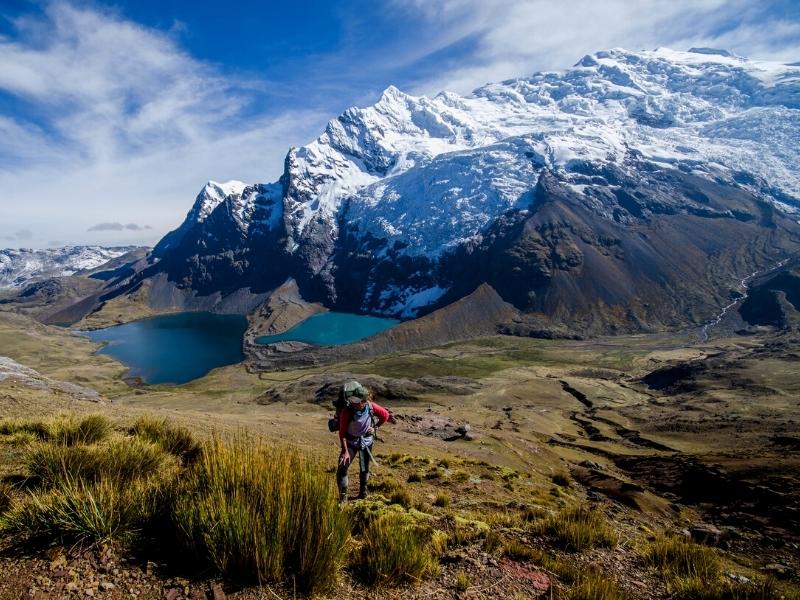
-
Choquequirao Treks
- Trek to Choquequirao Inca Site 4 Days
- Trek to Choquequirao & Machu Picchu 5 Days
- Choquequirao & Salkantay Trek & Inca Trail 9 Days

-
Epic Hikes
- Trek to Quelccaya Glacier 2 Days
- Vinicunca Rainbow Mountains & Quelccaya Glacier 3 Days
- Inca Quarry Trail to Machu Picchu 4 Days
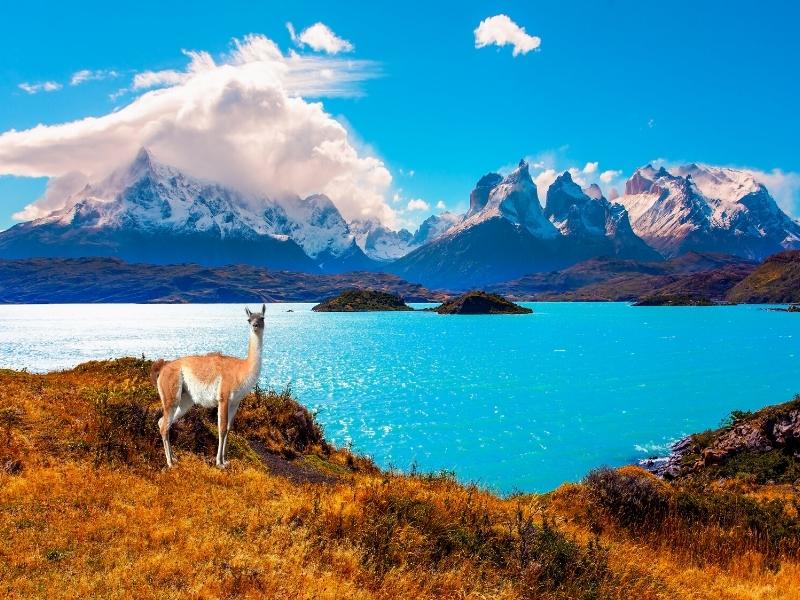
-
Huchuy Qosqo Treks
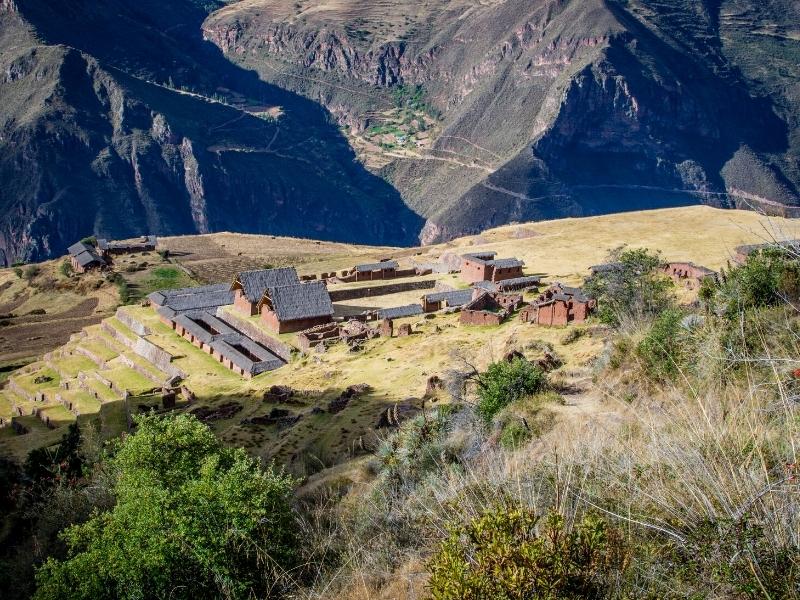
-
Lares Treks
- Lares Trek to Machu Picchu 3 Days
- Lares Trek to Machu Picchu 4 Days
- Lares Trek & Short Inca Trail Hike to Machu Picchu 5 Days
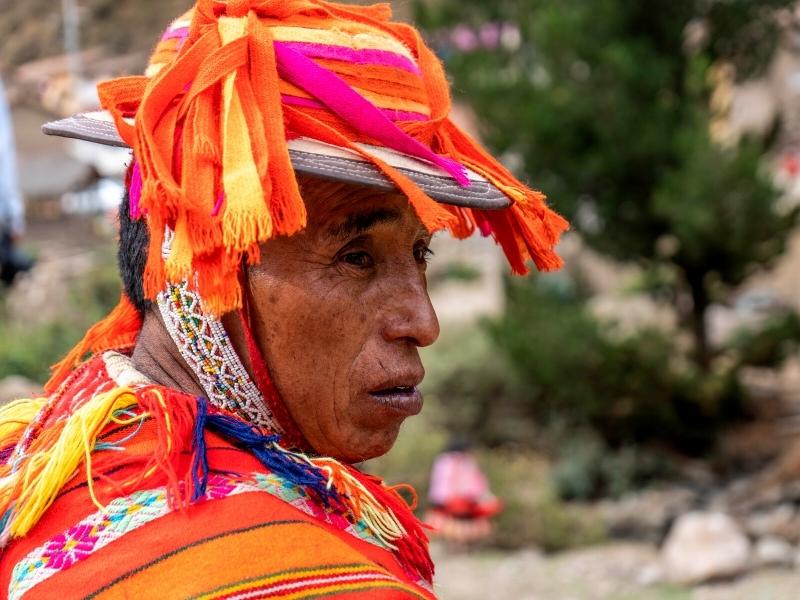
-
Salkantay Treks
- Salkantay Trek to Machu Picchu 4 Days
- Salkantay Trek & Short Inca Trail Hike to Machu Picchu 5 Days
- Salkantay Trek to Machu Picchu 5 Days
- Salkantay Trek & Inca Trail hike to Machu Picchu 6 Days
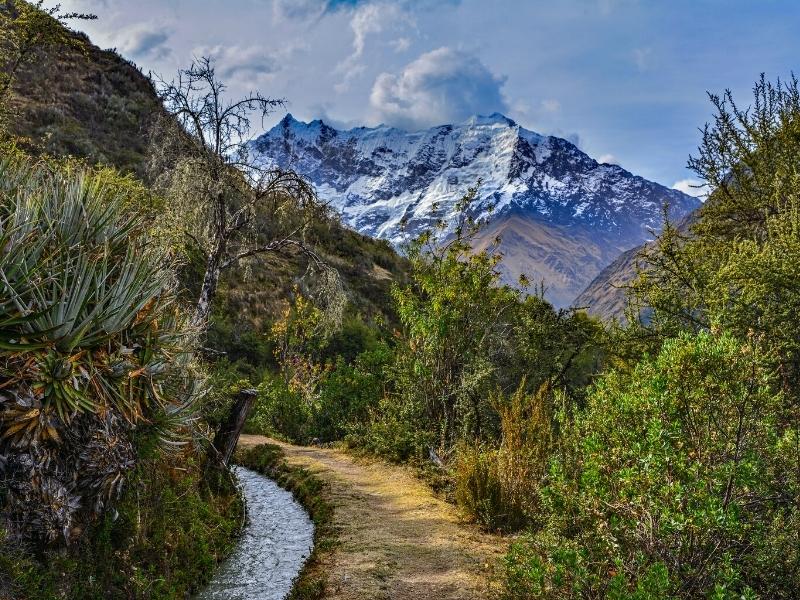
-
Ancascocha Treks
-
- Tambopata Amazon Rainforest 3 Days
- Manu Amazon Rainforest Tours 3 Days
- Manu Amazon Rainforest Tours 4 Days
- Tambopata Amazon Rainforest 4 Days
- Manu Amazon Rainforest Tours 5 Days
- Manu Amazon Rainforest Reserved Zone 6 Days
- Manu Amazon Rainforest Reserved Zone 7 Days
- Manu Amazon Rainforest Tours 8 Days
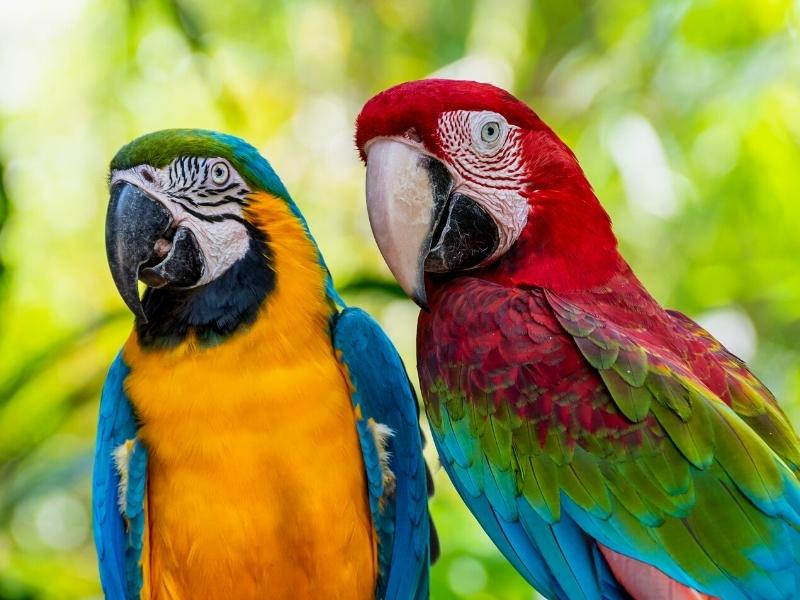
-
- Tour in Machu Picchu in the Afternoon 1 Day
- Tour to Machu Picchu by Train 1 Day
- Tour to Machu Picchu & Sacred Valley of the Incas 2 Days
- Tour to Machu Picchu by Train 2 Days
- Tour to Machu Picchu, Sacred Valley and Humantay Lake 3 Days
- Machu Picchu and Cusco City Tour 3 Days
- Explore Cusco, Machu Picchu and Sacred Valley 3 Days
- Sacred Valley, Machu Picchu & 7-Color Mountain 4 Days
- Tour to Machu Picchu, Sacred Valley and Cusco 4 Days

-
- Training hike to do Classic Inca Trail 1 Day
- Hiking to Inca Sun Gate 1 Day
- Peruvian Cooking Classes in Cusco
- Hiking to Humantay Lake 1 Day
- South Valley of Cusco half day
- Trek to Waqrapukara Ruins 1 Day
- Cusco City Tour half day
- Singrenacocha Turquoise Lake 1 Day
- Trek to Pallay Poncho Mountain 1 Day
- Palcoyo Rainbow Mountain 1 Day
- Queswachaka Inca Bridge 1 Day
- Inti Raymi-Sun fest of the Incas 2026
- Trek to Vinicunca Rainbow Mountain 1 Day
- Tour Sacred Valley of Incas 1 Day
